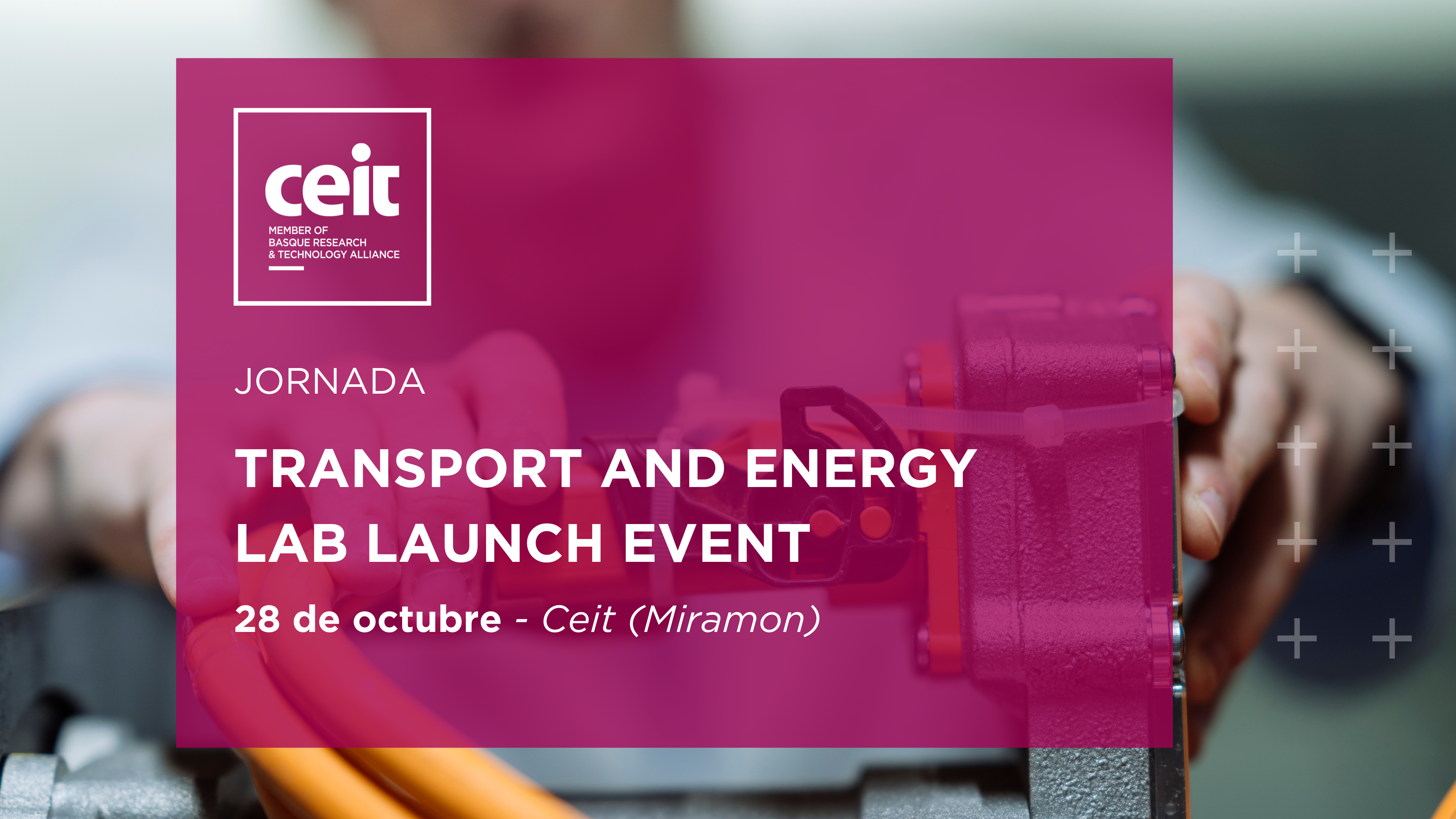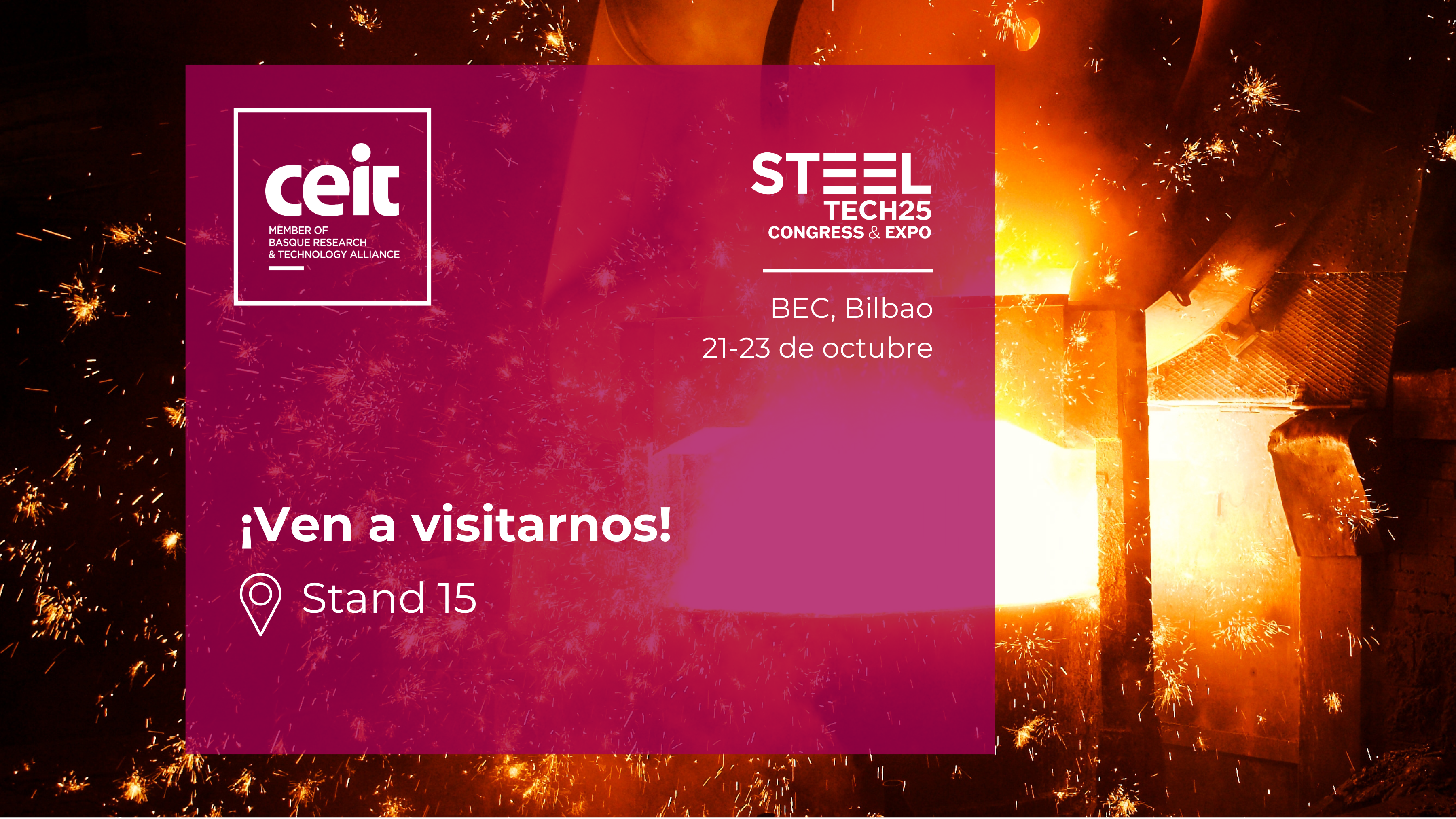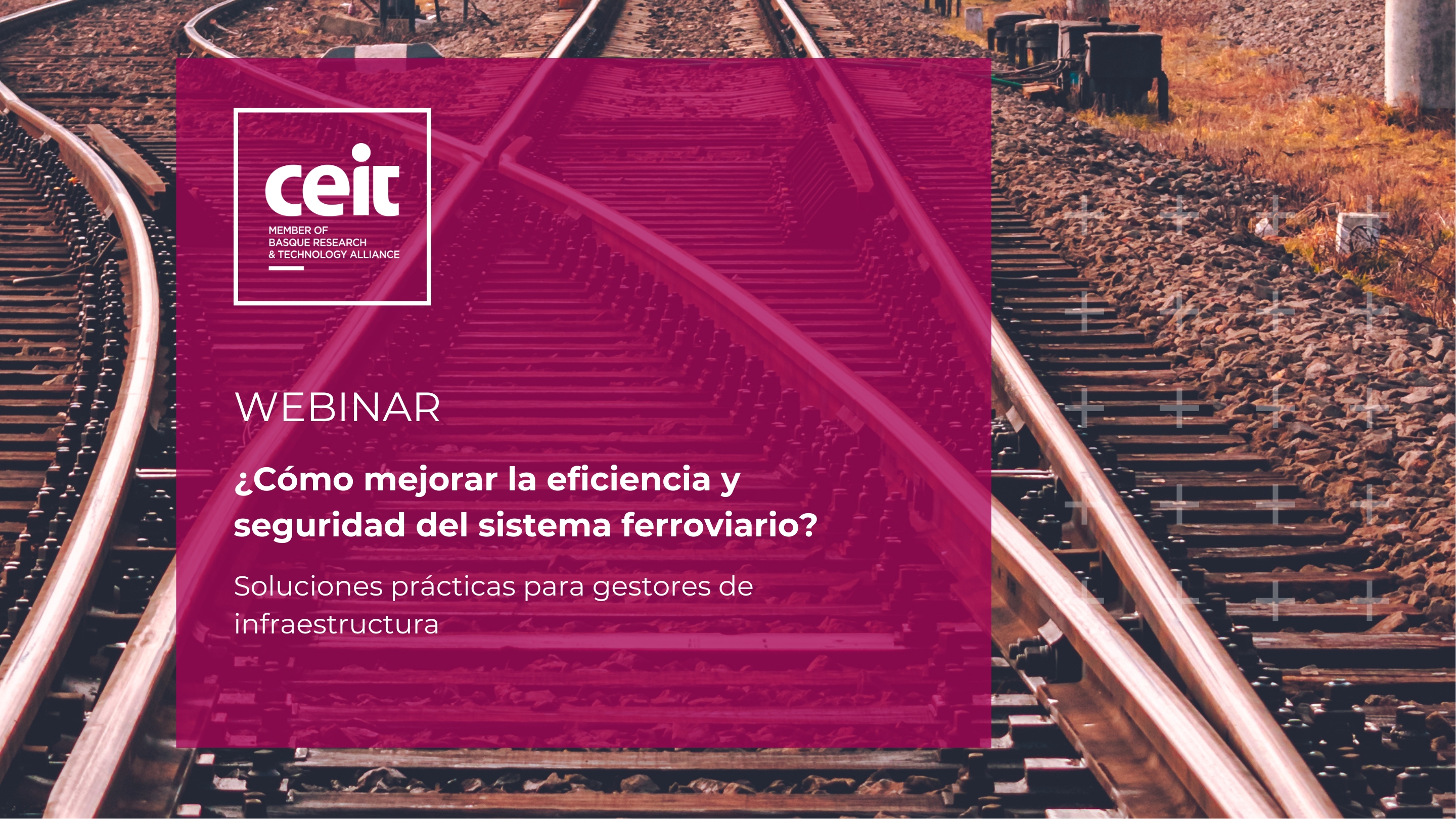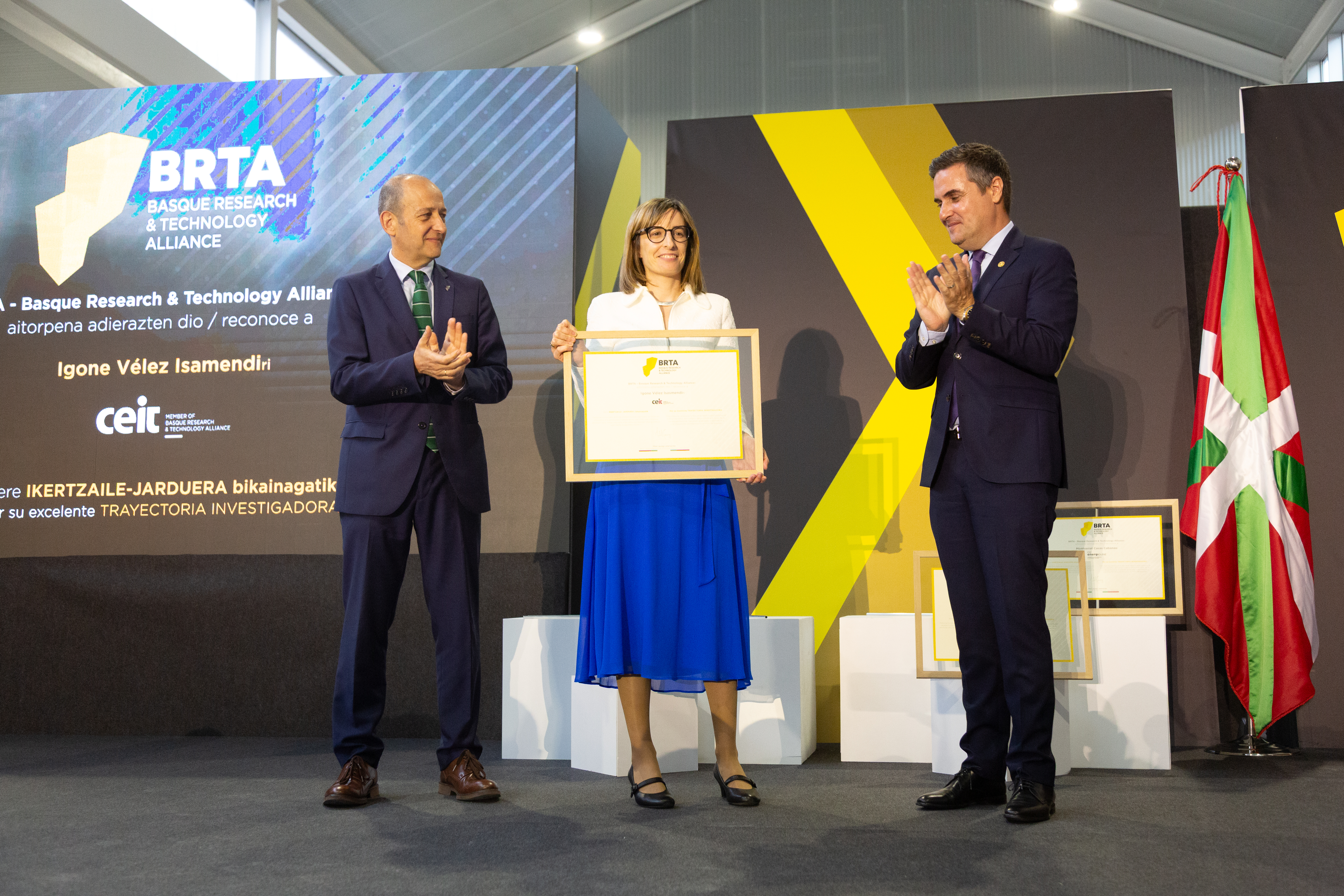Magnet recycling to reduce dependence on rare earths
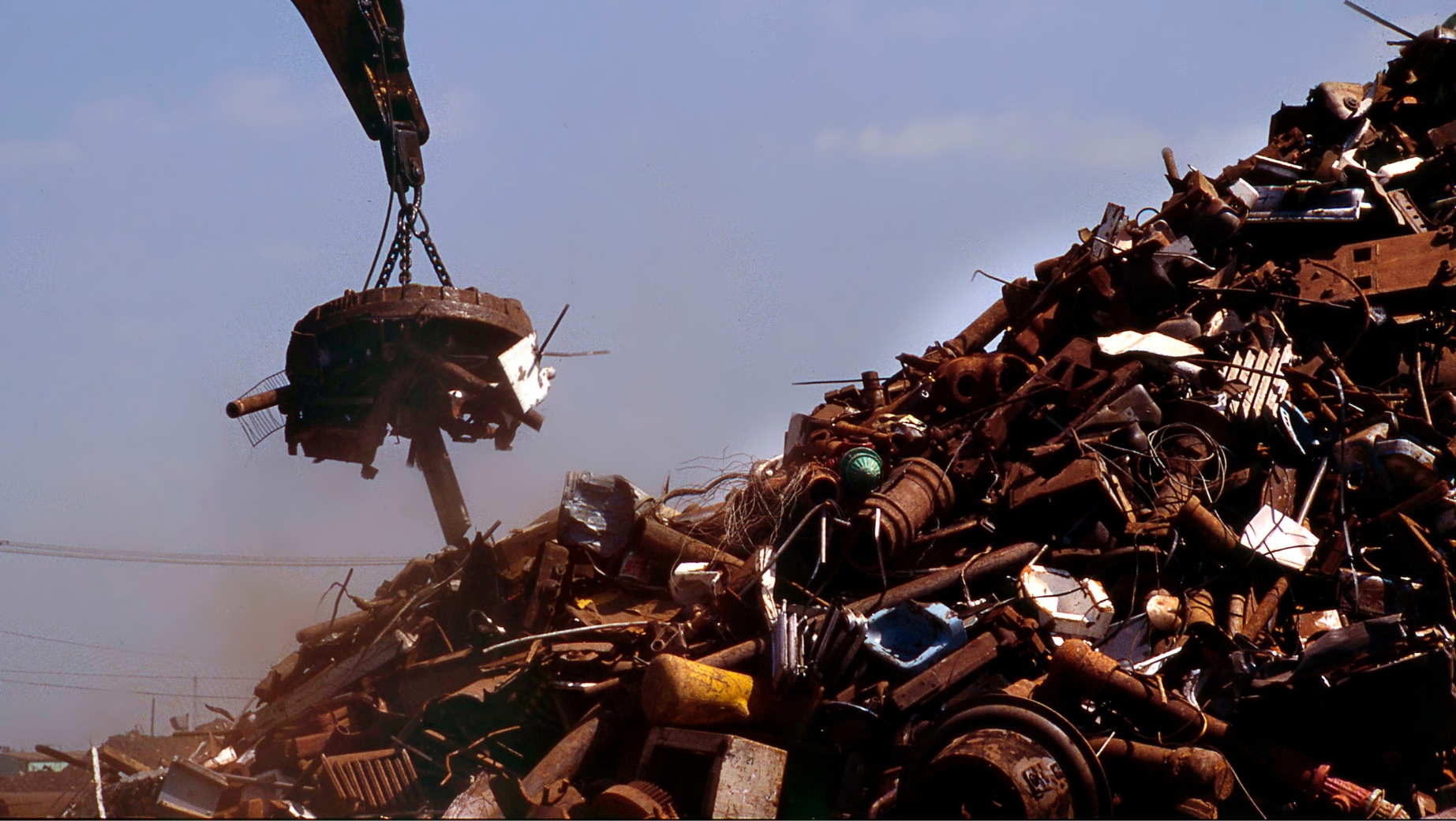
04 | 07 | 2024
Ceit leads the European project HARMONY, which seeks to solve the extra-European dependence on rare earths (REE) by developing a revolutionary, environmentally friendly and safe recycling process.
During the three-year duration of project, eight pilot schemes will be developed that will address existing challenges in the recycling of NdFeB permanent magnets at the end of their useful life.
subject Although rare earths (REE) are considered a key raw material for the European Union, there is a dependence on China, especially in the production of NdFeB magnets, as they are used in a wide range of technological applications, from wind turbines to electronic devices or electric vehicles.
Europe imports approximately 16 thousand tons of rare earth magnets annually from China, representing 98% of its demand, so the vulnerability to price and supply control has become a concern core topic for European companies. The European project HARMONY, led by the technology center Ceit, emerges as a solution to this problem, proposing a system for recycling NdFeB permanent magnets at the end of their useful life, a crucial initiative for the independence and sustainability of the European Union in this field.
Currently, NdFeB magnets, which contain a significant amount of REE, are discarded in waste and are not recovered. HARMONY proposes the development and pilot-scale validation of an innovative, environmentally friendly and safe process for Closed recycling of rare earth elements from these magnets.
Eight pilot plans will shape the project
The recycling circuit will include the collection and disassembly of magnets and waste electrical and electronic equipment, the recovery of REE through indirect recycling processes, the production of recycled NdFeB powder, the manufacture of magnets from this powder and the validation of these. To ensure the effectiveness and feasibility of this whole process, eight pilot schemes will be carried out, bringing the project to a final level of technological maturity around TRL 6-7.
HARMONY not only focuses on technological aspects, but also considers the economic, environmental and social viability of these processes through rigorous life cycle assessments. In addition, non-technological challenges will be addressed, such as economic, ethical and standardization issues, as well as social innovation through citizen dialogue.
Together with Ceit, the ERION consortium includes MEAB, KOLEKTOR Mobility, MAGNETI Ljublijana, MAGNAX, LANCOR, Copreci, Fraunhofer LBF, ESCI, Steinbeis Europa Zentrum, UNE, the Polytechnic University of Milan, Clausthal University of Technology, Freiberg University of Mining and Technology, Pforzheim University of Applied Sciences, University of Ghent, University of Birmingham, University of Florence, University of the Basque Country and Mondragon University of Applied Sciences, University of Mondragon, Freiberg University of Mining and Technology, Pforzheim University of Applied Sciences, the University of Ghent, the University of Birmingham, the University of Florence, the University of the Basque Country and the University of Mondragon.

